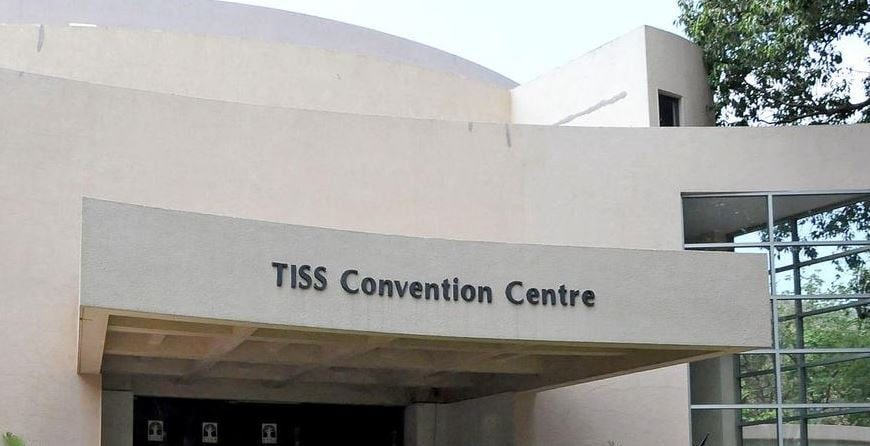Introduction
The recent turmoil at the Tata Institute of Social Sciences (TISS) concerning the termination of contractual faculty has sparked significant controversy. Alumni of Women’s Studies (AWS) have vociferously called for the reinstatement of these faculty members under the UGC’s 12th Plan, demanding equitable terms of employment akin to permanent staff.
The Crux of the TISS Controversy
The alumni of Women’s Studies at TISS have vehemently expressed their dissatisfaction with the institute’s recent decision to terminate a substantial number of contractual faculty members. This discontent was heightened by the institute’s statement on June 30, which, while withdrawing the mass termination, was criticized for failing to address the underlying issues and for its opacity regarding the regularization of employment for contractual staff.
Call for Equitable Employment Terms
AWS has underscored the urgent need for reinstating all contractual faculty and non-teaching staff under the UGC 12th Plan. They advocate for the regularization of these employees’ terms, ensuring parity with permanent staff on the UGC payroll. This call to action reflects a broader demand for fairness and transparency in the employment practices within academic institutions.
Transparency in Administrative Decisions
The lack of transparency in TISS’s administrative decisions has been a focal point of criticism. The AWS has urged the institute to provide a clear timeline and long-term strategy for the regularization of both Tata Education Trust (TET) and UGC staff. This transparency is crucial for addressing the concerns of the Advanced Centre for Women’s Studies (ACWS) and mitigating the anxieties of students and faculty alike.
The Impact on Students and Faculty
The uncertainty surrounding the tenure of faculty members and non-teaching staff at TISS has had a profound impact on the academic community. AWS highlighted that the ACWS, which runs MA and PhD programs, is in a state of flux. With the new academic year approaching, there is considerable anxiety among students about the continuity of their education and mentorship.
The Broader Context of Higher Education
The situation at TISS is emblematic of the broader changes in labor arrangements within university spaces and the increasing privatization of higher education. The AWS pointed out that the current crisis at ACWS mirrors these shifting dynamics, which have profound implications for the stability and quality of higher education in India.
Urgency of Addressing Faculty Tenure
The AWS’s demand for transparency is not limited to the immediate reinstatement of faculty but extends to the need for a systematic and transparent approach to faculty tenure. This includes clarity on the status of tenure for faculty members and non-teaching staff hired under the UGC’s 12th Plan. The current ambiguity only exacerbates the anxiety and instability within the academic community.
The Role of the UGC and Government
The AWS has called upon the UGC and the government to intervene and ensure that TISS adheres to equitable employment practices. This intervention is crucial for upholding the principles of fairness and transparency in academic institutions. The government’s role in this context is to ensure that policies and practices at TISS align with broader educational goals and labor rights.
Ensuring Academic Continuity
As the new academic year looms, the urgency of resolving these issues cannot be overstated. The AWS has highlighted the immediate need for clarity on who will teach the incoming MA batch. Ensuring academic continuity and stability is essential for maintaining the quality of education and the trust of students in the institution.
Conclusion
The controversy at TISS underscores the critical need for transparency, fairness, and long-term planning in academic employment practices. The call for the reinstatement of contractual faculty and the regularization of their employment terms reflects broader demands for equity and stability in higher education. As TISS navigates this crisis, the principles of transparency and fairness must guide its decisions to restore trust and ensure the continued excellence of its academic programs.
Key Learning Points
| Key Learning Points |
|---|
| Significant controversy over the termination of contractual faculty at TISS |
| Demand for reinstatement and equitable employment terms for all staff |
| Importance of transparency in administrative decisions at academic institutions |
| Impact of faculty tenure uncertainty on students and academic programs |
| Broader context of changing labor arrangements and privatization in higher education |
| Role of UGC and government in ensuring equitable employment practices |
| Urgency of addressing faculty tenure and ensuring academic continuity |
Soumya Smruti Sahoo is a seasoned journalist with extensive experience in both international and Indian news writing. With a sharp analytical mind and a dedication to uncovering the truth, Soumya has built a reputation for delivering in-depth, well-researched articles that provide readers with a clear understanding of complex global and domestic issues. Her work reflects a deep commitment to journalistic integrity, making her a trusted source for accurate and insightful news coverage.



